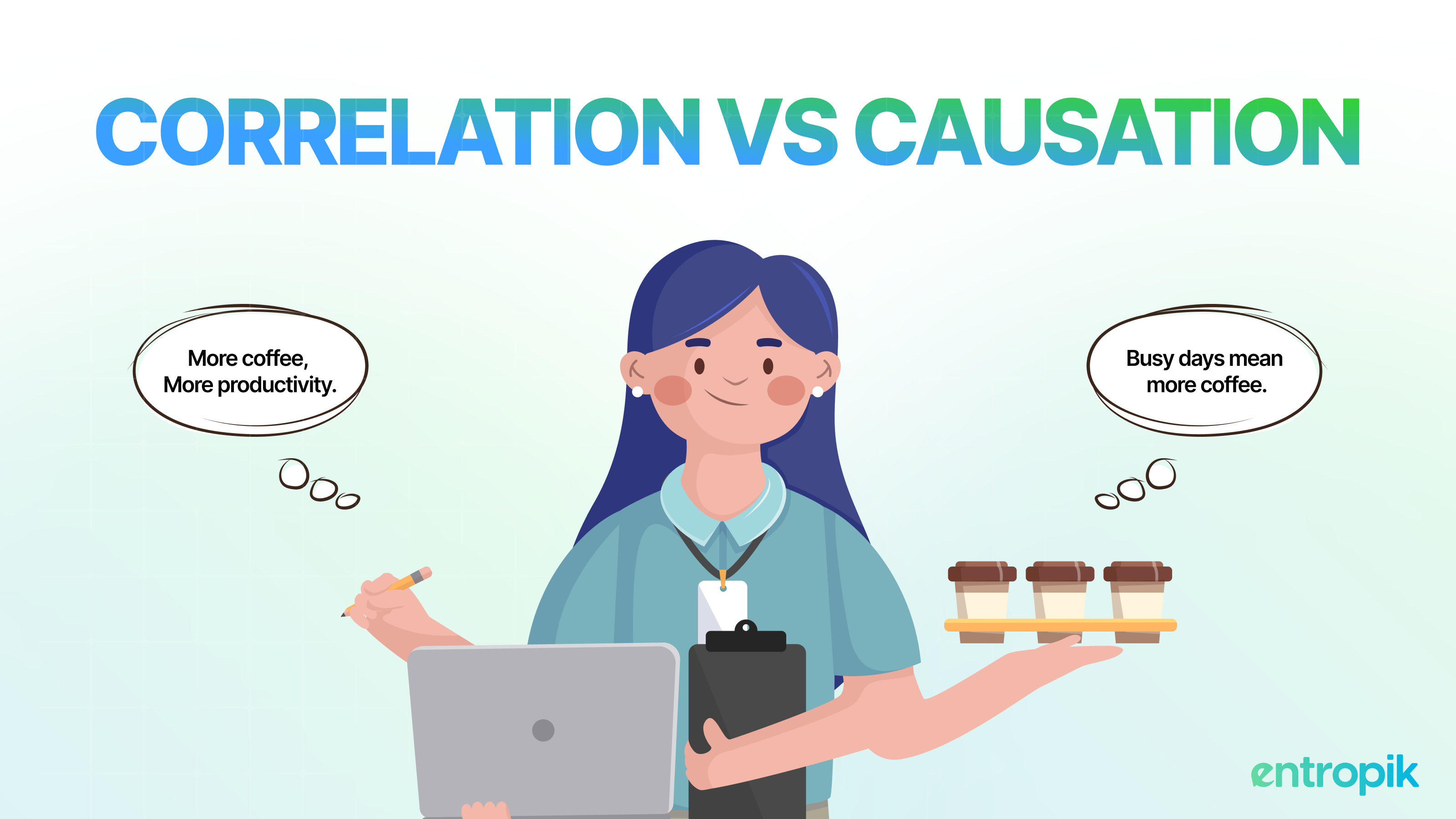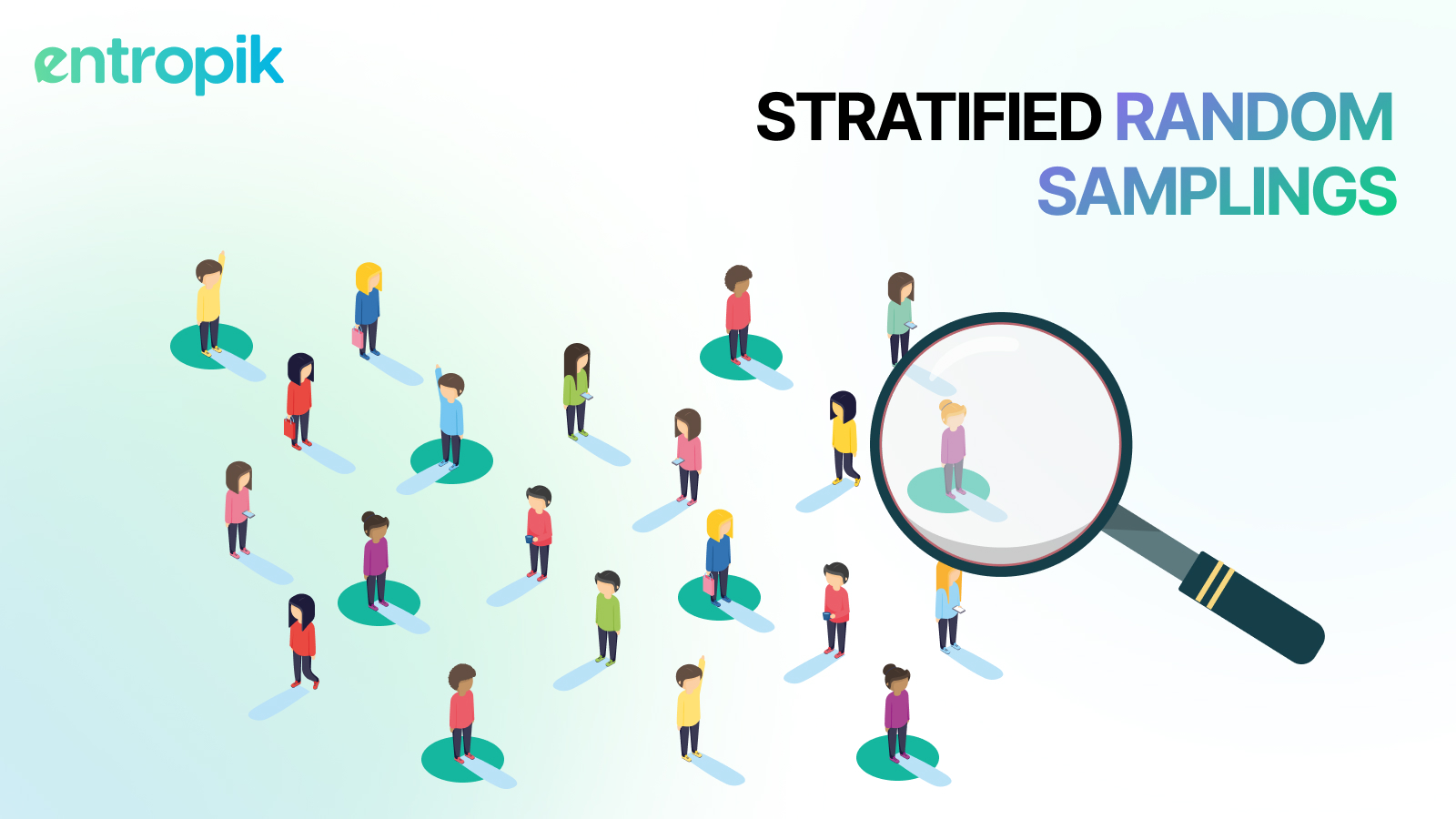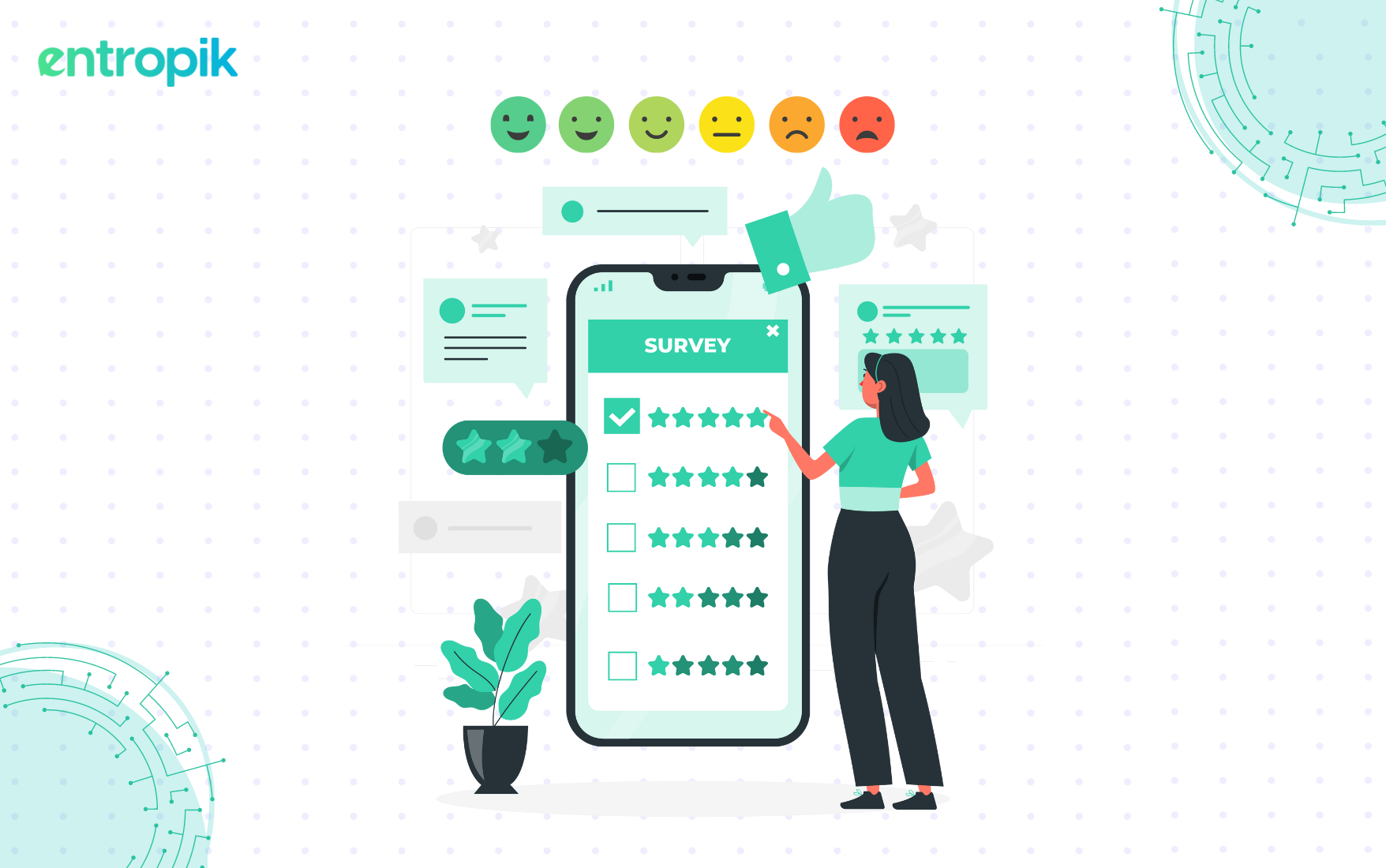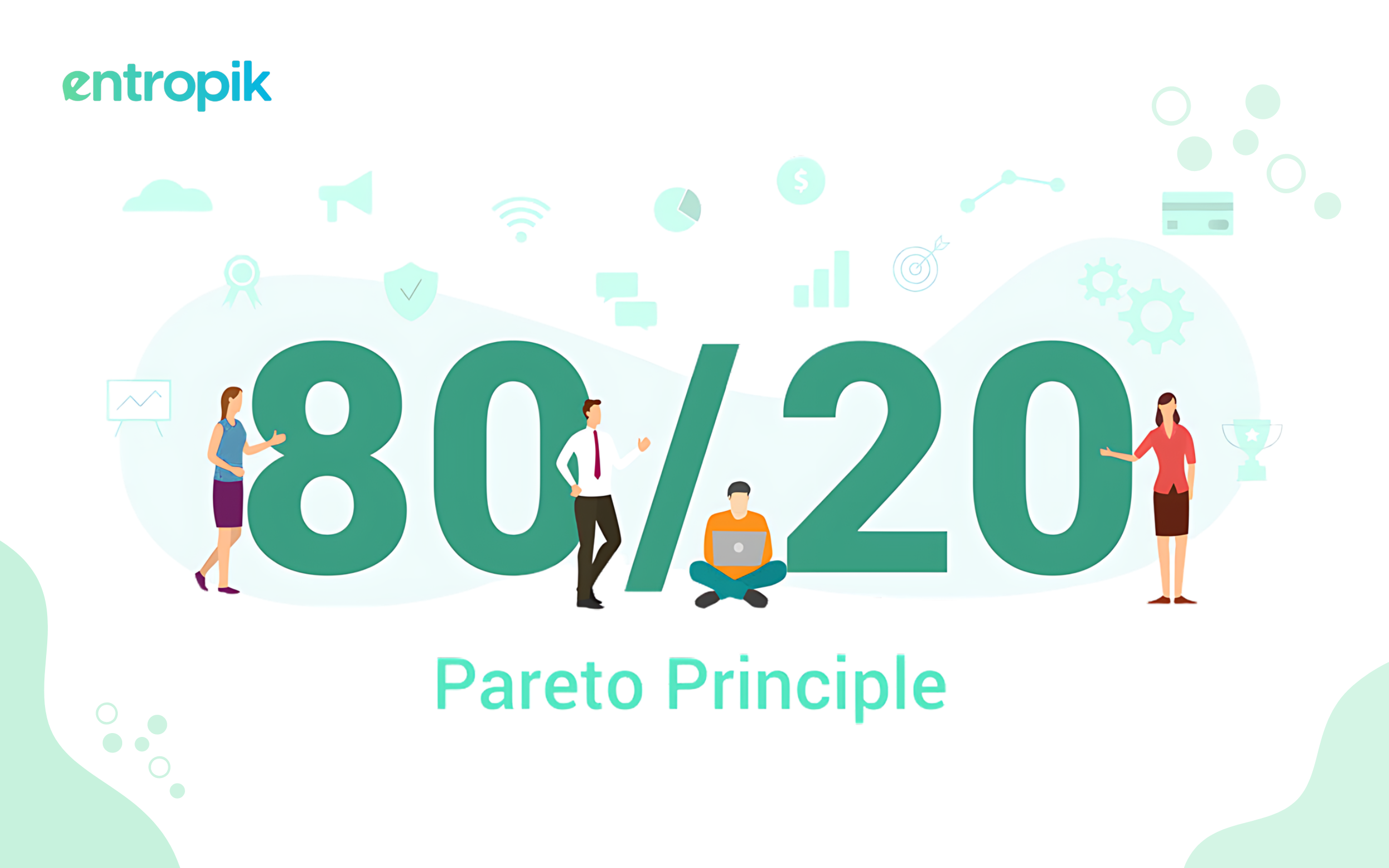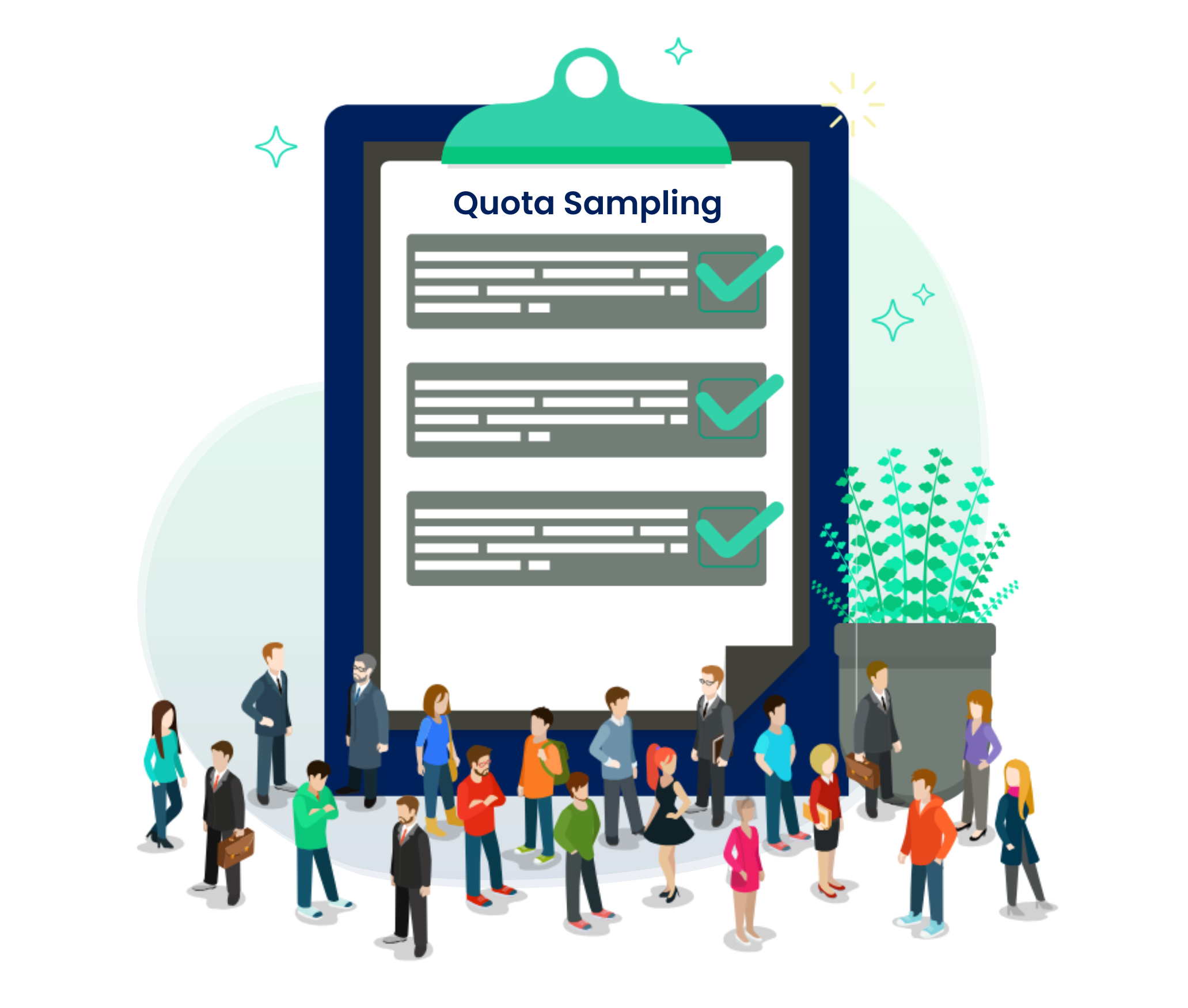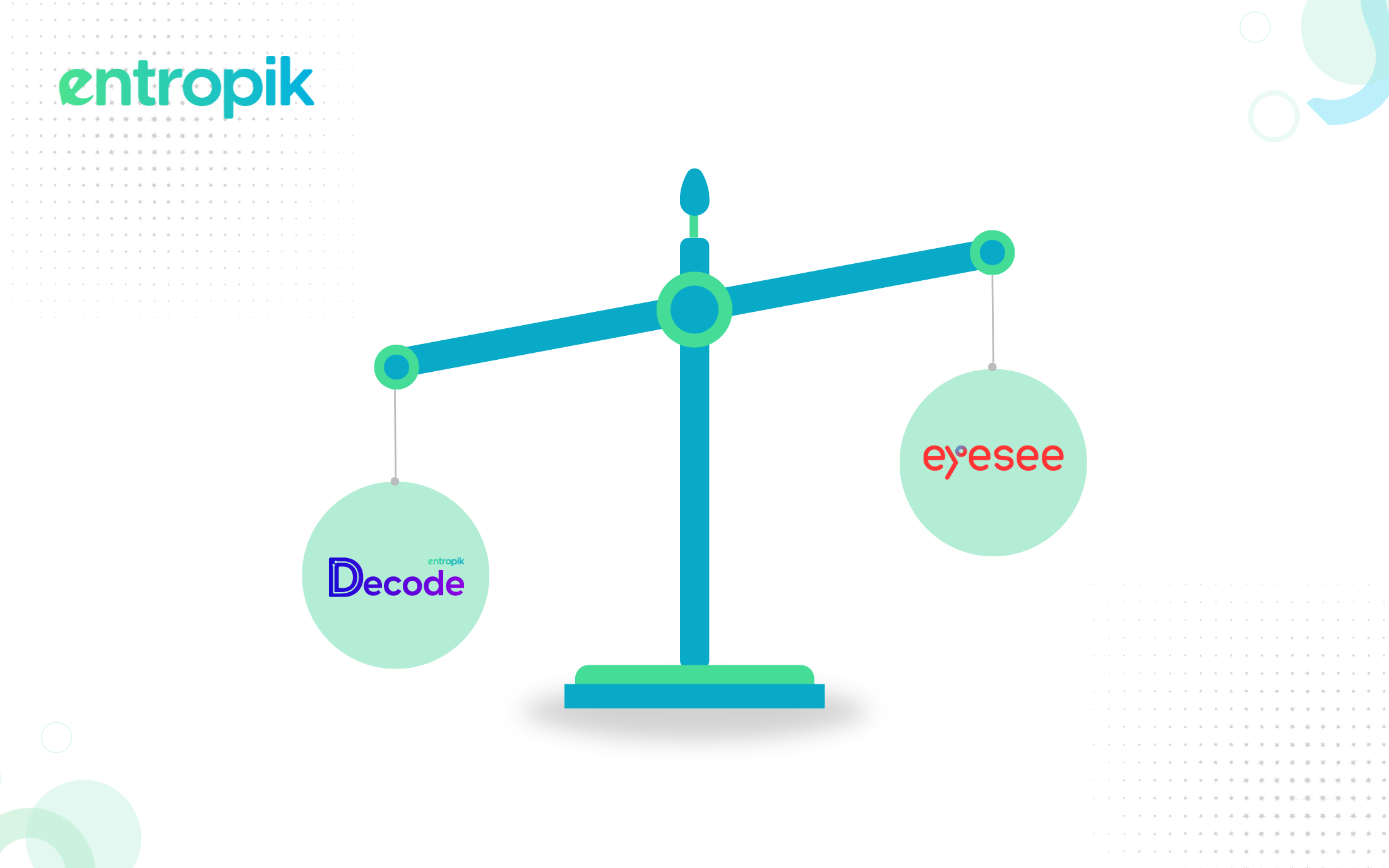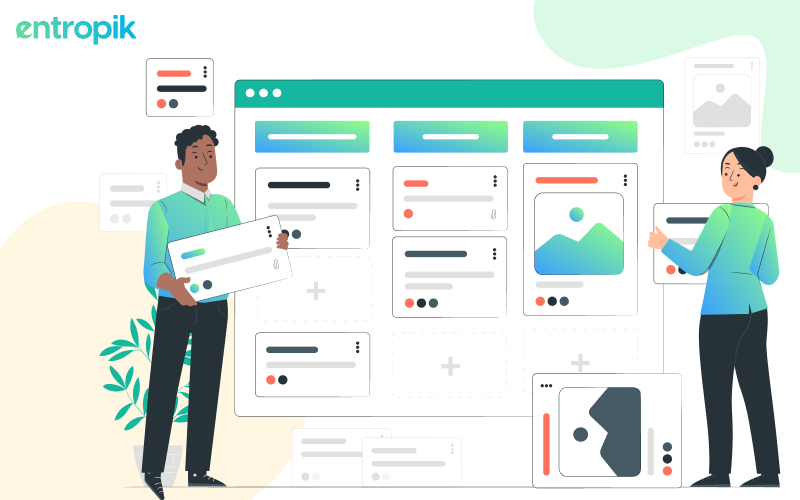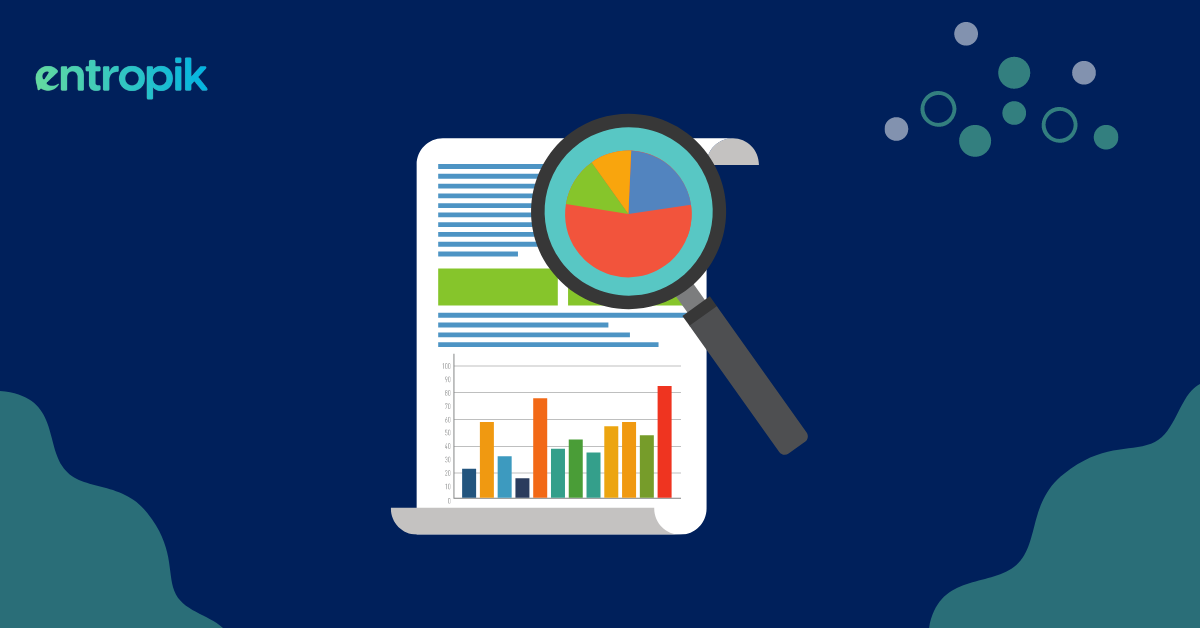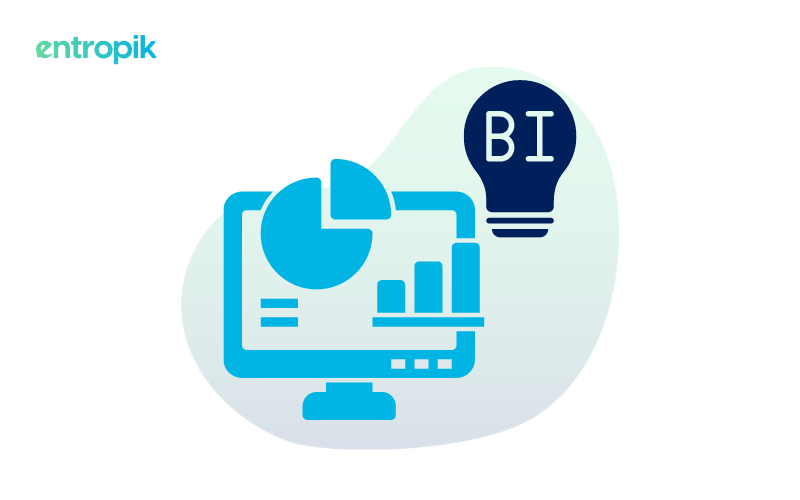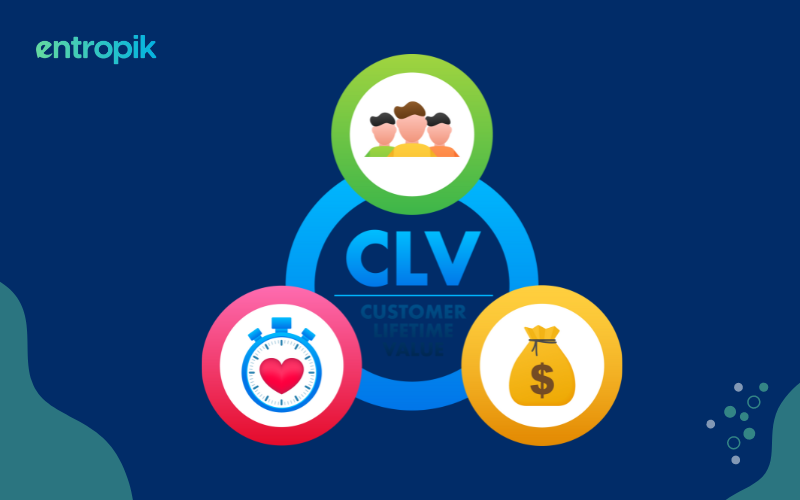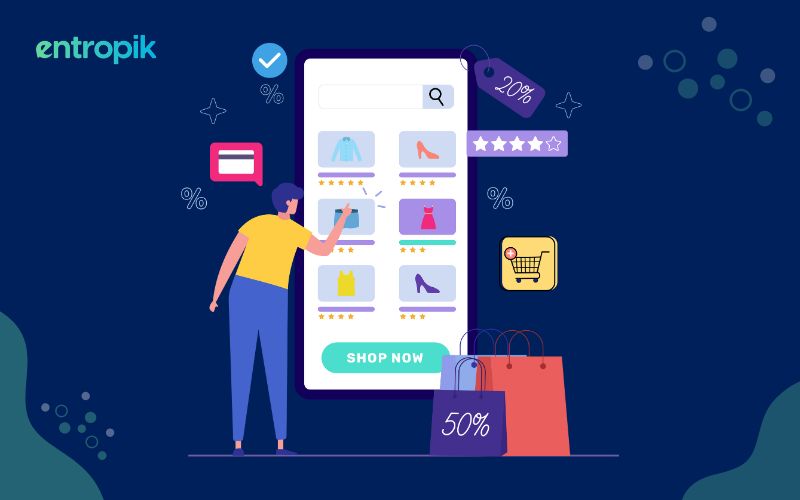Are you still relying on your research team for conducting research? If yes, this article is for you.
As rightly quoted by Sun Tzu “Know your enemy, know yourself and you can fight a hundred battles without disaster.” As a marketer, you know the effort that goes into launching a successful product. Weeks of brainstorming, months of tracking the market, years of watching out for the competitor’s new strategy. But if you are not listening to your customers, are you really learning anything about them?
With solid consumer research data, you will have the confidence and the mental satisfaction that your strategy is bullet proof. With the domino effect of COVID-19 and the ever-changing seasonality of the market, it is important you always have your ace card in hand- INSIGHTS.
In this article, you will learn about the two most widely used research methods- qualitative and quantitative research and why as a marketer you should not shy away from participating in consumer research.
Quantitative Research
This research method is all about numbers. The data acquired through quantitative research is used to- 1) quantify emotions and attitudes, 2) identify gaps, 3) validate ideas and concepts etc.
Quantitative research helps evaluate the “What” of the research objective. It provides quick surface-level data for gathering insights and generating reports.

As a marketer, your main focus area is survey research. Surveys are a set of questions that are sent to respondents for collecting feedback. The data obtained is then analyzed manually or automatically using intelligent AI powered platforms to derive insights.
Based on the medium of conducting survey research, it can be classified into –
- Online- This is one of the most popular methods for conducting surveys. They can be taken as per the convenience of the respondent, and it allows you the flexibility to conduct research with minimal interaction with the respondent.
- Phone/Email- This requires interacting with the respondent and can quickly become a time-consuming exercise. Compared to online surveys, they can sometimes cost more if an extensive target audience is to be surveyed.
Want to conduct lean and unbiased research? Try out Entropik's tech behavioral research platform today!
Request a Demo
Qualitative Research
If you want to dive deeper and understand the underlying reasons behind a consumer’s preferences and opinions, qualitative research is the one for you.
It helps you understand the “why” behind the answers you receive by asking probing questions to your respondents. The data acquired through qualitative research helps-1) get detailed insights, 2) identify underlying reasons and causes, 3) make educated guesses etc.

As a marketer, focus groups and interviews are a great way to learn in-depth about the grievances of your consumers.
- Interviews- Usually a one-on-one personal interview, it provides a really great opportunity to understand the factors that influence a person’s motivations and preferences. It is a purely conversational research method and can be conducted either online or via phone.
- Focus Groups- This involves inviting a set of respondents that represents your target audience for conducting research. This is useful if you’re trying to test how a new product or message will be perceived by your audience.
Bottom Line
Your marketing endeavours are not a one-man army. You need to supplement it with research, instead of considering it as an isolated exercise. From ideation to execution, data-driven insights can reduce your dependency on guesswork and drive your campaigns to fruition. Research has a diversified basket of use cases ranging from media testing to analyzing shopper experiences. Research helps you understand what works and what can lead to disaster. It helps validate your ideas and gives you the confidence to proceed with your marketing plan. As a marketer, if you are still evaluating if market research is for you, try out DIY Research platforms. They are powered by AI and can help you create automated campaigns with the click of a button. You don’t need to be tech-savvy for conducting market research, you just need to believe in the power of data.
{{cta-button}}














.jpg)



